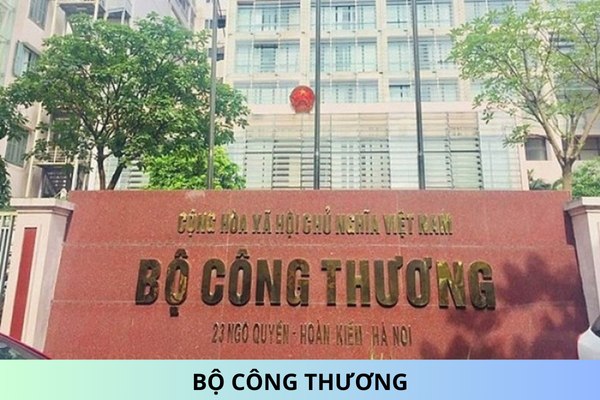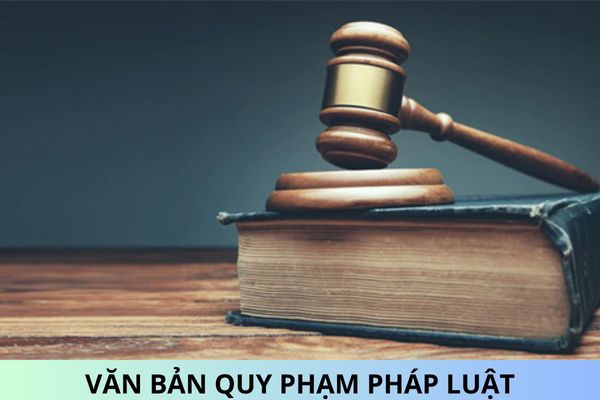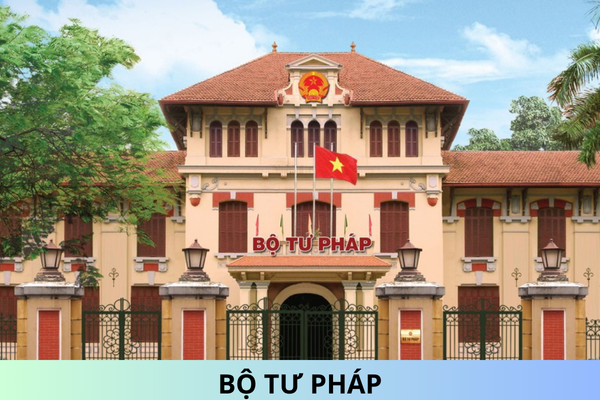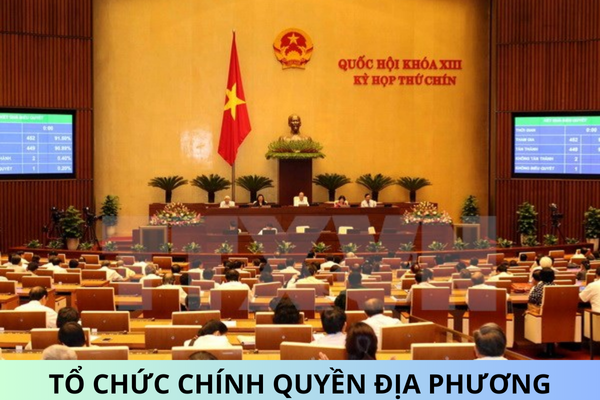Are foreigners working in Vietnam receiving inheritances from foreign parties subject to PIT in Vietnam?
Are foreigners working in Vietnam receiving inheritances from foreign parties subject to PIT in Vietnam? Are incomes from receipt of gifts that a foreigner working in Vietnam receives from a foreign party subject to PIT? What are regulations on tax period for foreigners working in Vietnam?
Hello, my company has a colleague who is a foreign worker working in Vietnam for more than a year, recently that colleague received an inheritance due to his father's death abroad. I don't know if he has to pay the personal income tax in Vietnam for this amount? Please advise.
Are foreigners working in Vietnam receiving inheritances from foreign parties subject to PIT in Vietnam?
Pursuant to Clause 1, Article 1 of Circular 111/2013/TT-BTC as amended by Article 2 of Circular 119/2014/TT-BTC on taxpayers as follows:
Taxpayers being residents and non-residents mentioned in Article 2 of the Law on Personal income tax, Article 2 of the Government's Decree No. 65/2013/NĐ-CP dated June 27, 2013 on guidelines for the Law on Personal income tax and the Law on amendments to the Law on Personal income tax (hereinafter referred to as Decree No. 65/2013/NĐ-CP) who earn taxable income as prescribed in Article 3 of the Law on Personal income tax and Article 3 of Decree No. 65/2013/NĐ-CP.
Taxable income is determined as follows:
Taxable income earned by a resident is the income earned within and beyond Vietnam’s territory regardless of the place where income is paid;
Any individual who is a citizen of a country or territory that has entered into an agreement on double taxation and prevention of tax avoidance with Vietnam, and also a resident in Vietnam shall calculate personal income tax from the month that individual arrives at Vietnam (if the individual goes to Vietnam for the first time) to the month in which the labor contract expires and the individual leaves Vietnam without following procedures for consular certification to avoid double taxation according to the double taxation agreement between the two countries.
Taxable income of a non-resident is income earned in Vietnam, regardless of the place where income is paid and received
1. A resident is a person that meets one of the conditions below:
a) He/she has been present in Vietnam for at least 183 days in a calendar year or for 12 consecutive months from the first day of his/her presence in Vietnam (the date of arrival and date of departure are considered 01 day). The date of arrival and date of departure depends on the certification of the immigration agency on the passport (or laissez-passers) when that person enters and leaves Vietnam. If the person enters and leaves Vietnam within one day, it will be considered a day of residence.
A person in Vietnam defined in this Point is the presence of that person in Vietnam’s territory.
b) He/she has a regular residence in Vietnam in one of the following cases:
b.1) He/she has a regular residence according to regulations of law on residence:
b.1.1) For Vietnamese citizens: a place where that person regularly, stably and indefinitely lives and has been registered as a permanent residence as prescribed by regulations of law on residence.
b.1.2) For foreigners: the permanent residence written in the permanent residence card or the temporary residence when applying for the temporary residence card issued by a competent authority affiliated to the Ministry of Public Security.
b.2) He/she rents a house in Vietnam according to regulations of law on housing under a contract that has a term of at least 183 days in the tax year. To be specific:
b.2.1) A person who has no regular residence defined in Point b.1 Clause 1 of this Article will be considered a resident if he/she has a total house lease period of at least 183 days in the tax year under various lease contracts, even if a he/she rents houses in different locations.
b.2.2) The rented houses can be hotels, guesthouses, motels, offices, etc. whether they are rented by the person or their employer.
If the person has a regular residence in Vietnam according to this Clause but his/her actual presence in Vietnam is shorter than 183 days in the tax year and he/she fails to prove his or her residence in any country, that person will be considered a resident of Vietnam.
The residency in another country shall be proved by the Certificate of residence. If the person is a citizen of a country or territory that has signed a tax agreement with Vietnam and does not issue the Certificate of residence, that person shall present a photocopy of the passport to prove the period of residence.
In addition, Clause 9, Article 2 of Circular 111/2013/TT-BTC stipulates taxable income as follows:
9. Incomes from inheritance
Incomes from inheritance are the incomes the person receives under a will or in accordance with regulations of law on inheritance. To be specific:
a) Inherited securities: shares, call options on shares, bonds, treasury bills, fund certificates, and other securities according to the Law on Securities; shares of the person in the joint-stock company according to the Law on Enterprises.
b) Inherited capital in economic organizations and businesses: capital contribution to limited liability companies, cooperatives, partnerships, business cooperation contracts; capital in private enterprises and businesses of the person; capital in associations and funds established within the law, or the entire business if the private enterprise or business is under the ownership of the person.
c) Inherited real estate: rights to use land, rights to use land and property thereon; ownership of houses, including future houses, infrastructure and constructions on land, including off-the-plan constructions; rights to rent land or water surface; other incomes from inheritance being real estate in any shape or form, except for incomes from the inherited real estate mentioned in Point d Clause 1 Article 3 of this Circular.
d) The ownership and use rights of other inherited assets (cars, motorbikes, ships, barges, speedboats, towboats, yachts, airplanes, hunting guns, sporting guns) must be registered with state agencies.
Thus, foreigners working in Vietnam when receiving an inheritance from a foreign party must be subject to PIT in Vietnam in case they reside in Vietnam for 183 days or more in a calendar year or in 12 consecutive months from the first day of presence in Vietnam.
In case a foreigner working in Vietnam is a citizen of a country or territory that has signed an Agreement with Vietnam on avoidance of double taxation and prevention of tax evasion with respect to taxes on income. do not have to carry out consular certification procedures to be exempt from double taxation under the double taxation agreement between the two countries. In this case, the inheritance will not be subject to PIT in Vietnam.
Are incomes from receipt of gifts that a foreigner working in Vietnam receives from a foreign party subject to PIT?
According to Clause 10, Article 2 of Circular 111/2013/TT-BTC, the taxable income is as follows:
10. Incomes from receipt of gifts
Incomes from receipt of gifts are incomes the person receives from organizations and individuals at home and overseas. To be specific:
a) Gifts being securities: shares, call options on shares, bonds, treasury bills, fund certificates, and other securities according to the Law on Securities; shares of the person in the joint-stock company according to the Law on Enterprises.
b) Gifts being capital in economic organizations and businesses: capital contribution to limited liability companies, cooperatives, partnerships, business cooperation contracts; capital in private enterprises and businesses of the person; capital in associations and funds established within the law, or the entire business if the private enterprise or business is under the ownership of the person.
c) Gift being real estate: rights to use land, rights to use land and property thereon; ownership of houses, including future houses, infrastructure and constructions on land, including off-the-plan constructions; rights to rent land or water surface; other incomes from inheritance being real estate in any shape or form, except for incomes from the gifts being real estate mentioned in Point d Clause 1 Article 3 of this Circular.
d) The ownership and use rights of gifts being other assets (cars, motorbikes, ships, barges, speedboats, towboats, yachts, airplanes, hunting guns, sporting guns) must be registered with state agencies.
According to this Article, the gifts that foreigners working in Vietnam receive from foreign parties will not be subject to PIT according to the above provisions.
What are regulations on tax period for foreigners working in Vietnam?
In Article 7 of the Personal Income Tax Law 2007 as amended by Clause 3, Article 1 of the 2012 Personal Income Tax Law, tax period is as follows:
1. For residents, tax period is specified as follows:
a/ Annual tax period, which is applicable to incomes from business, salaries and wages.
b/ Tax period upon each time of income generation, which is applicable to incomes from capital investment; incomes from capital transfer, except for incomes from securities transfer; incomes from real estate transfer; incomes from prizes; incomes from copyright; incomes from commercial franchising; incomes from inheritances; and gifts.
c. Tax period upon each transfer or annual tax period, which is applicable to Incomes from transfer of securities.
2. For non-residents, the tax period counted upon each time of income generation is applicable to all their taxable incomes.
Thus, the personal income tax period for foreigners working in Vietnam is regulated as above.
Best Regards!











